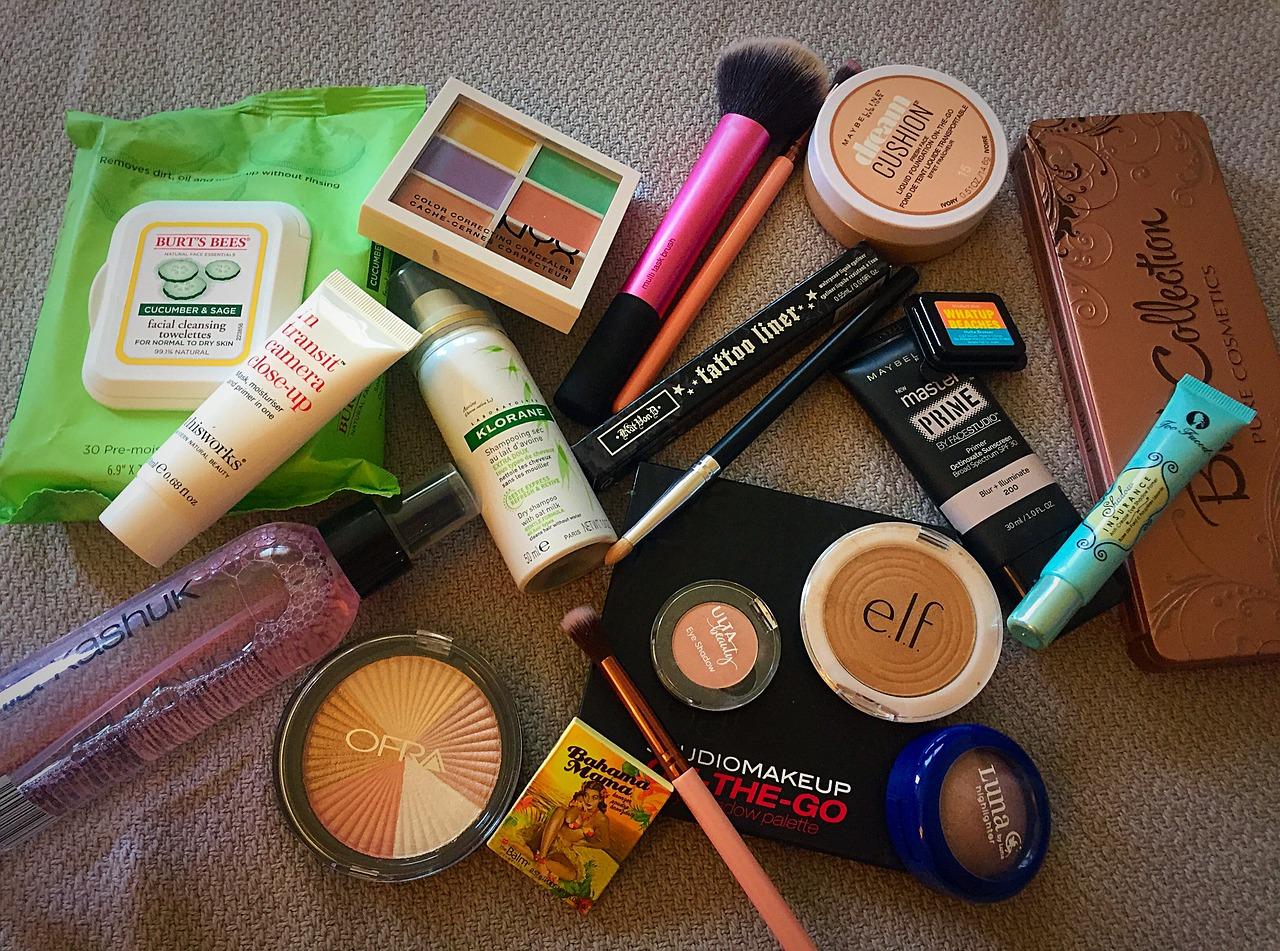The Scoop On Phthalates
What are Phthalates; They're hiding in your food and cosmetics...

Let’s talk about phthalates
Phthalates are a hot topic right now, and there's a lot of research into the devastation these tiny substances are having on our health. We've condensed this information in to a brief scoop to help you better understand what they are and why they exist.
What are phthalates?
Phthalates or plasticisers are a group of substances that are often added to a material to make it softer and more flexible, to increase its plasticity, to decrease its viscosity, or to decrease friction during its handling in manufacture. They can also serve other purposes, including as solvents in fragrances for personal care and cleaning products.
Phthalates are found in a large and varied number of consumer products and packaging and are a definite cause for concern due to their toxic nature and links to many serious health conditions.
Why should I worry about phthalates?
Phthalates could very well be present in the vinyl flooring you step onto each morning however your exposure to them in this scenario would be brief and indirect, however they are also likely to be present in many food packages and also fragranced personal care products and at the very least, these are going on, if not in, our bodies.
Phthalates entering our bodies through food is an issue that we need to address. The linked negative effects of this direct exposure range from endocrine disruption, damage to the reproductive system, reduced testosterone levels and altered thyroid production, some cancers, increased liver and kidney toxicity, asthma and neurodevelopmental effects in children.
How can I limit my exposure?
Avoiding soft plastic products and purchasing fragrance free cosmetics would be a good start as well as seeking out products that state ‘phthalate free’. Even though restrictions around phthalate use in manufacturing are ever tightening, products manufactured prior to any restrictions are still able to be sold, this could be particularly worrying when it comes to the 2nd hand use of children’s toys which are often sold on or passed down. Swapping plastic children’s toys for wooden ones and plastic drinks bottle for metal alternatives would go a long way in limiting the regular direct exposure to potential phthalates.

